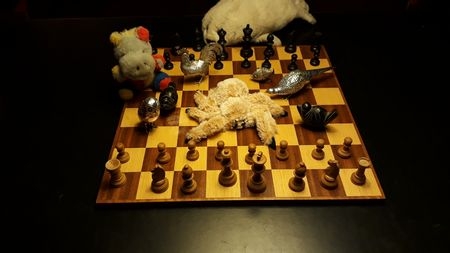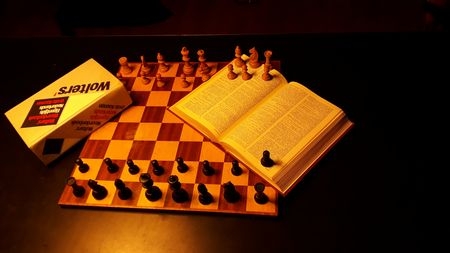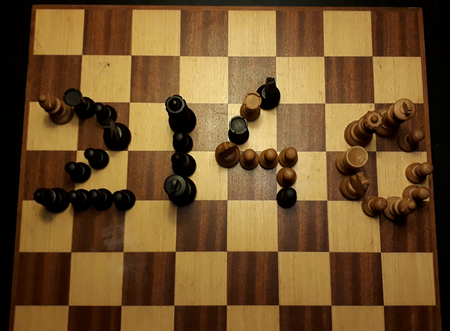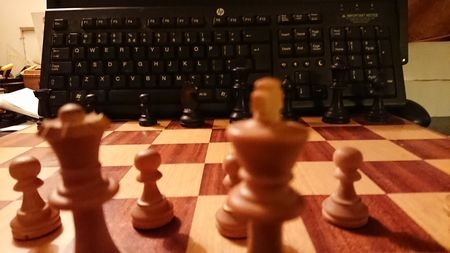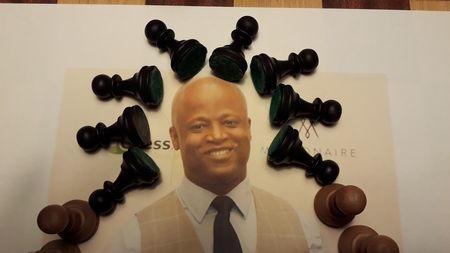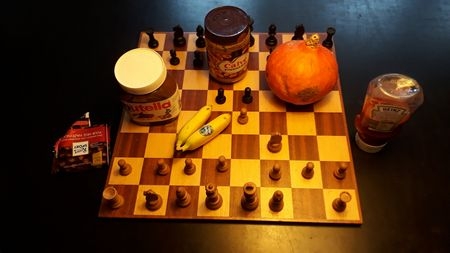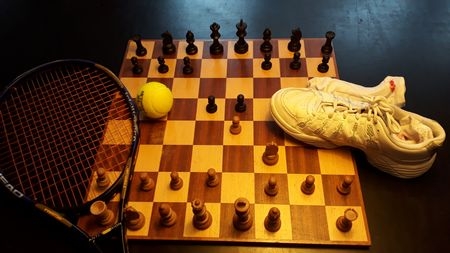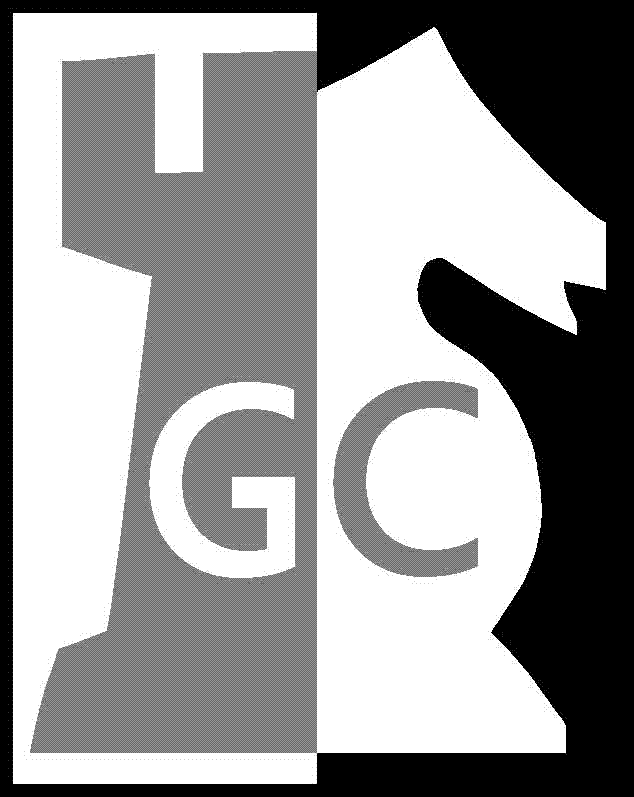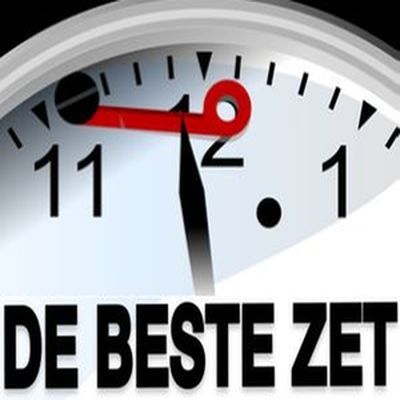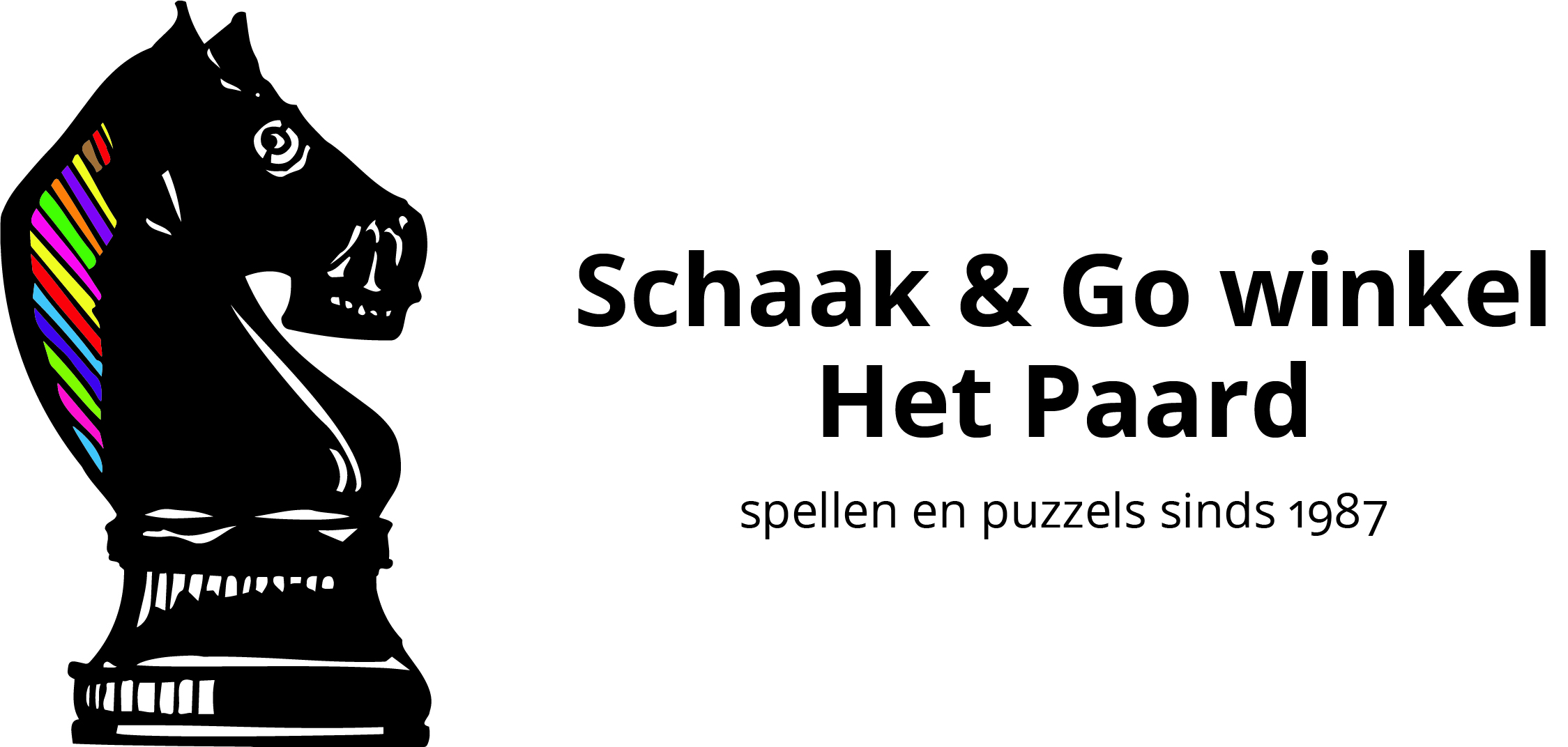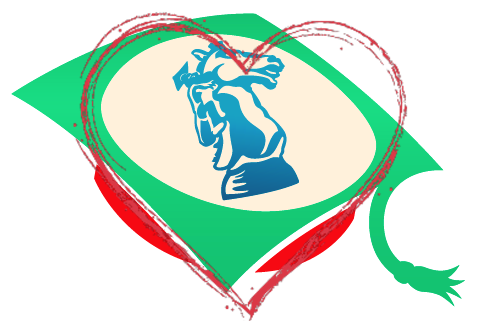Children are disgusting little creatures. They are the only mammal on earth that require intensive, perennial care, cost lots of money, are bad for the environment, and the main reason for overpopulation. Children are erratic, think they’re funny and get away with almost anything. They cry if they don’t get enough attention and when they are quiet for a second they will immediately break the silence and ask stupid questions.
Children contribute little to the average household, whereas it doesn’t seem too much to ask to have a cookbook assist them in cooking a decent meal every once in a while. Children don’t drink, so having a good time with them is rare. And once they finally do get older they transform into a even worse specie, the adolescent, before they finally, after all those years, become reasonable human beings.
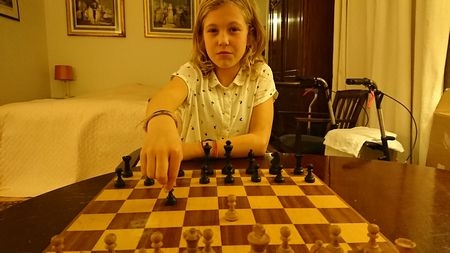
And then there are the adults who proudly say: ‘I am still a child.’ As if that was something positive. The child-problem is worse because most parents hate their children most of the time. Would it be an idea to submit candidate parents to a test? Let them practice on a plant for a year? And then a rabbit and maybe a dog? And if these are still alive after this time, then they would be allowed let a child into this world. But OK, we’re straying from the subject, this column ought to be about chess.
Every tournament player knows the feeling. After refreshing the website numerous times you finally find out who will be your next opponent. Of course, our first consideration is to take a look at the player’s rating, but as a solid second, we immediately check the player’s age. If the year of birth starts with a two, you know what you’re up against: a child. And any chess player can confirm that children that play chess are even worse than children in general. All the maladjusted, inappropriate and subversive behaviour that’s common childish behaviour, gets even worse behind the board.
Children play fast. When their quick calculations happen to be correct sometimes, you’re in trouble. Children are restless, constantly run around, and stare at you. Children eat behind the board, usually some cheap crap candy some parent or coach gave them. When they have a bad position, they put on a pitiful face and offer draws several times. One minute they try to kill you, the next they are pretending just to be harmless children…
If a game takes longer than four hours adult players start to suffer from their generally bad physical condition. In the meantime the child at the other end of the board is filled with adrenaline and smells blood. The child still holds a rating that reflects the strength it had a year ago, which makes you even more anxious. The child is a scavenger, ready to eat all your toughly earned rating points straight from your bones. Long story short, children in chess are our worst enemy.
I know some serious adult chess players who only compete in senior tournaments, just to avoid children. Chess club Staunton in Groningen already took measures into their own hands. In order to create a level playing field on club nights members get an increment (in seconds) during a game that’s equal to their age.
Don’t I like youths at all? Of course I do like them. I like children that are quiet and contribute to the household. And of course I like most children in my own family. I adore my nephew Joep, for example, the kid on whom I will project all my own failed chess dreams and will start pushing to become a GM from the age of three (in two years).
But let’s be honest: it’s a beautiful thing, contrary to most other sports, in chess anybody can play anybody. This way children get the best chess training possible and players like Tiviakov can still say they once beat Carlsen, Caruana en Karjakin all in the same month.
Joep de Jongh. Remember that name. And yes, of course you will be scared to the bone if you’re paired against him during the Chess Festival of 2025. Joep will play fast, he will run around, eat candy and if his position is shaky he will offer you a draw or two. And finally, he will beat you, in crushing style.
Benno de Jongh
Benno de Jongh writes daily columns during the Chess Festival, published around 3 pm on playing days. De Jongh is a journalist and a chess player, who has never reached the rating of 2000, and probably never will. Despite that fact he is one of the worlds leading experts on the Elephant Gambit and working on a book on the subject, (working title: The Elephant Gambit, A Rare Black Beast with a Proboscis on the Board, publication expected in 2032). De Jongh’s opinions on several chess- and non-chess-related items do not in any way reflect the policy of the organisation of the festival.


